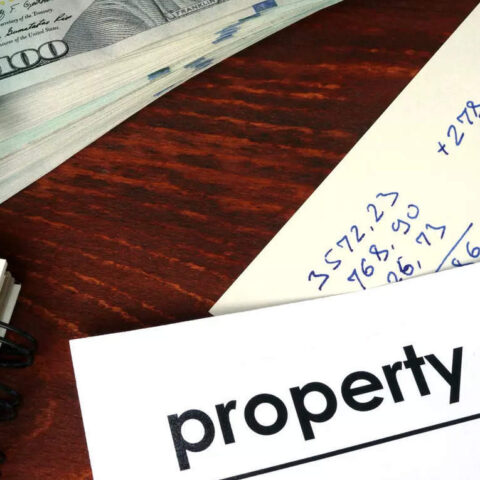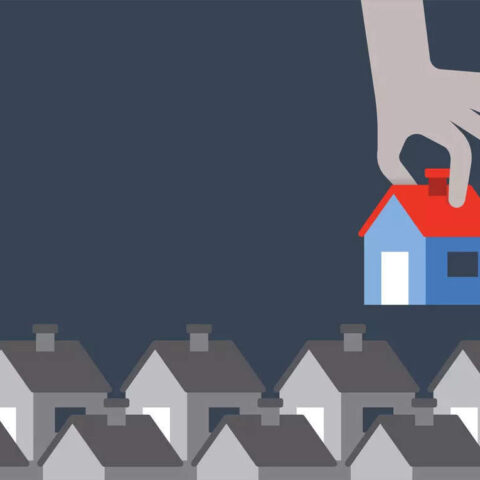On the flip side, hiring a pricier contractor can often end up being a shrewd investment. “A great contractor might cost more up front, but they save you in the long run,” affirms Saghian. “They know where to cut costs without sacrificing quality and they keep the project moving, which ultimately saves time—and time is money.”
How can you foster a good working relationship with your contractor?
On the whole, a successful partnership with your general contractor comes down to when, how, and how often you communicate with one another.
Establish a solid foundation
Collaboration works best when everyone is clear about their role and responsibility. That’s why it’s vital to communicate the scope of work and key deadlines from the outset, so your contractor can make sure they’ve marshaled the right materials and labor with plenty of time to spare. “I make sure lead times are confirmed in writing, and [we] check in regularly to make sure we’re on track,” Saghian says. “The key is to build trust in the beginning so they can handle the day-to-day without constant oversight later on.”
Write it down
Any major decisions, important updates, or potential issues should always be communicated in writing. Establishing a written contract and any subsequent change orders on paper ensures accountability among the parties involved, which can protect your professional reputation. “I once worked with a contractor who constantly changed his mind and miscommunicated with the client, often blaming us for issues,” Roux recalls. “[Now] we document everything in our projects, and we’ve become even more diligent.”
Of course, there’s no upper limit on how detailed this documentation can get. Mary Senft, interior designer and founder of SenHoma, notes that her team prepares a detailed construction binder for the builder to keep on-site. This resource catalogs both overall and item-level specifications, as well as any specialty installation instructions. “Maintaining a positive relationship with a general contractor, especially during challenges or disagreements, requires a collaborative mindset,” Senft says. “By staying organized and transparent, we can ensure that everyone is on the same page.”
Keep it positive and professional
The difference between an okay contractor and a great one is the level of character and professionalism they demonstrate, even in moments of conflict. Bringing out these qualities in your contractor is about establishing mutual accountability and trust. MacPhail likes to establish open communication with her contractors, so each can feel comfortable discussing and resolving problems as a team. This gets everyone “on the same page about the issue and the best next steps,” she says, while also “maintaining a positive, mutually respectful and collaborative environment”.
At the end of the day, contractors are people too, and they want to know they’re heard and recognized for their work. As Saghian puts it, “a little appreciation goes a long way, and complimenting good work keeps the vibe positive.” Through every delay, logistical challenge, or battle over the budget, he explains that the best way to work with a general contractor is to ultimately remember that you’re on the same team with the same vision. “When things get tough, I remind myself we’re both working toward the same goal—a beautifully executed project.”
Grow your business in 2024 with the AD PRO Directory
Are you looking for an architect, interior designer, or landscape pro to hire for your next project? Visit the AD PRO Directory to browse our list of AD-approved designers and find your match.








